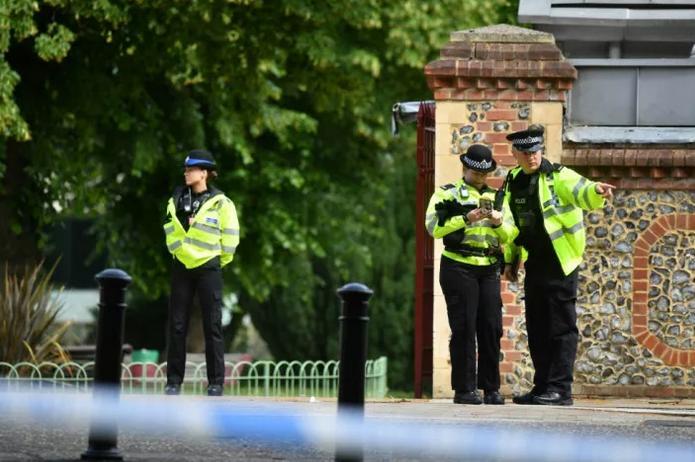
Number of teen terrorists continues to rise in the UK
Figures published by the Home Office have outlined how the police in the UK have made 166 counter-terrorism arrests since 31 December 2022. Out of the 166 people arrested, 32 were under the age of 17.
The figures show that there has been an 11 per cent increase in young people being involved in terrorism-related offences in the UK, compared to the previous calendar year.
Records state that most of the arrested under-18s got involved in terrorism after they had been pulled towards the far-right by groups that are usually associated with racism and ultra-nationalism.
Earlier this year, Luca Benincasa, a 20-year-old from Cardiff, was imprisoned for nine years and three months after admitting to being a member of the neo-Nazi group, Feuerkrieg Division.
When the police conducted further investigations into Benincasa, they found that he had at least 33 one-to-one conversations with potential recruits from around the world, some as young as 14 years old.
Speaking on dangerous online content that manipulates young people into extremism, Richard Smith, the Deputy Senior National Coordinator for Counter Terrorism Policing, revealed: “Time and time again we are seeing online content, spaces and channels playing a big role in the radicalisation process and it’s important that anyone and young people in their families or their lives are aware of this.”
Smith added: “The reality is that children and teenagers, some as young as 12 or 13, are now featuring more frequently in our investigative casework.”
Who is Luca Benincasa?
Luca Benincasa Bio – Luca Benincasa Wiki
A man from Cardiff has been sent to prison for nine years and three months after pleading guilty to five offences under the Terrorism Act.https://t.co/1uxPfQBdLC pic.twitter.com/fuRiB0rSrU— prizebondlives (@WorldWikis) January 26, 2023
“The statistics are stark and I know that they’re a difficult read for the public, particularly parents and carers – as police officers and investigators we absolutely share that concern,” Smith added.
The Deputy Senior National Coordinator also stated: “Our priority is always to protect the public and, at the sharpest end of the threat, individuals will be charged and prosecuted for criminal offences. However, for others, there may be different options.”
“Much like the terrorist threat, our approach is always evolving, and we have a responsibility to consider all legitimate options to keep people safe,” he continued.
Last month, Matt Jukes, the Head of Counter Terrorism Policing also emphasised his concerns with the impact that extreme online content is having on young minds, together with how social media content can play a significant and influential role in the radicalisation process.
Jukes told reporters that the number of under-18s being involved in terrorism in the UK is a “really worrying trend”.
He further explained: “These extreme ideologies are much more available online and on social media than they ever were before, and we know young people are exploring dark corners of the web.”
In November 2022, Mohammed Zubair Khan, 22, admitted to sharing a number of Daesh videos that glorified terrorism on various online platforms over an 18-month period.
Daesh is a terrorist group, also known as ISIL, Islamic State, or ISIS. Daesh poses a threat to UK national security as it seeks to expand its terror network by using propaganda to radicalise and recruit UK citizens.
Khan had already been arrested a year prior, in November 2021, after he posted an extremist video on Twitter in May of that year.
Speaking of the multiple Daesh recruiting cases, Commander Dominic Murphy, who leads the Met’s Counter Terrorism Command, said: “Terrorist groups like Daesh produce online content to try and radicalise and recruit others and encourage them to commit terrorist acts. Suspects being exposed to, and seeking out this kind of material is a feature of many of our terrorism investigations.”
Commander Dominic Murphy also urged the public to report any terror-related content immediately, saying: “The public can also play a vital role – we would urge anyone who sees extremist content on social media, or on a website to report it straight away. We will investigate where appropriate, and act to get this dangerous propaganda taken down.”
Source: ibtimes





